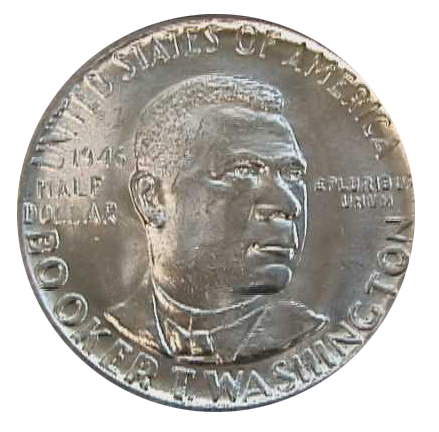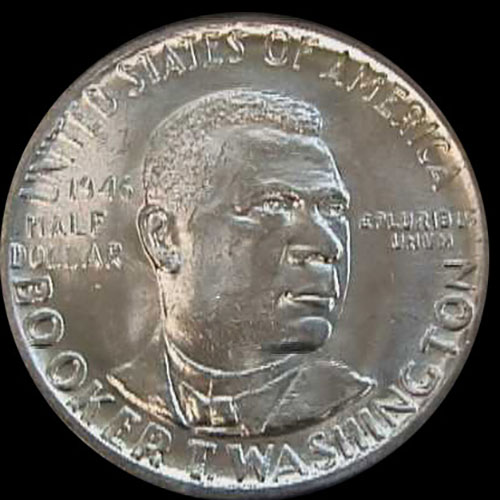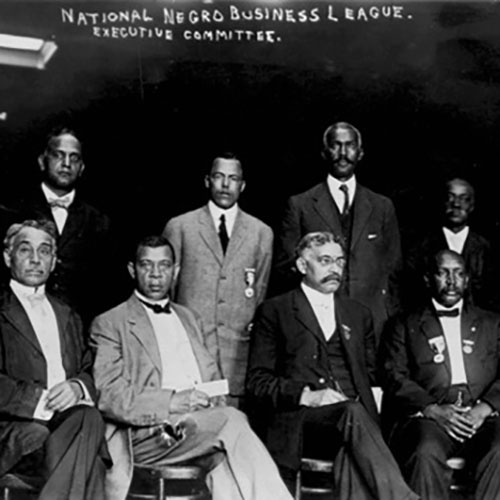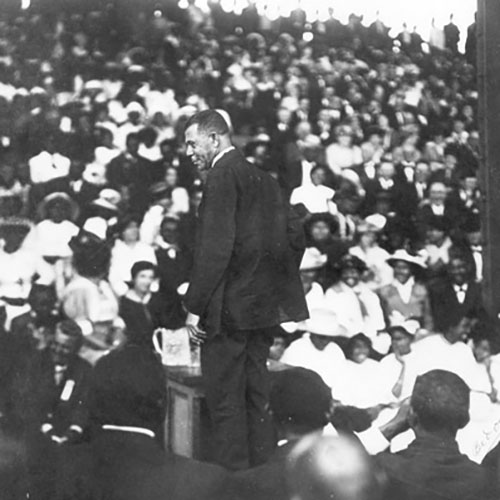Influential Spokesman
With mesmerizing oratory and an energetic speaking schedule, Washington became a major spokesman for his people. A skilled politician, he developed relationships with blacks, whites, farmers and businessmen in the North and the South.
Washington's controversial Atlanta Exposition speech in 1895 appeared to support separate development as a ""necessary condition for economic cooperation between the races."" He said ""In all things that are purely social, we can be as separate as the fingers, yet as one hand in all things essential to mutual progress."" The speech brought him fame as well as criticism. Many believe that Washington's address laid the ground for state supported segregation. Dedicated to the continued existence of Tuskegee, Washington secretly supported many black causes for equality. For Washington, education and hard work led to economic independence, and then to political rights.
Washington authored and coauthored many books that reflected his ideas on education and society. Up From Slavery, his autobiography written in 1900, has been translated into many languages. It inspired oppressed peoples throughout the world. He was awarded many honorary degrees, including degrees from Harvard and Dartmouth Universities. The American people recognized his extraordinary achievements with a commemorative US postage stamp in 1940; in 1956 when his birthplace became Booker T. Washington National Monument; and again in 1974, when his residence at Tuskegee Institute, The Oaks, became part of the NPS Tuskegee Institute National Historic Site."



